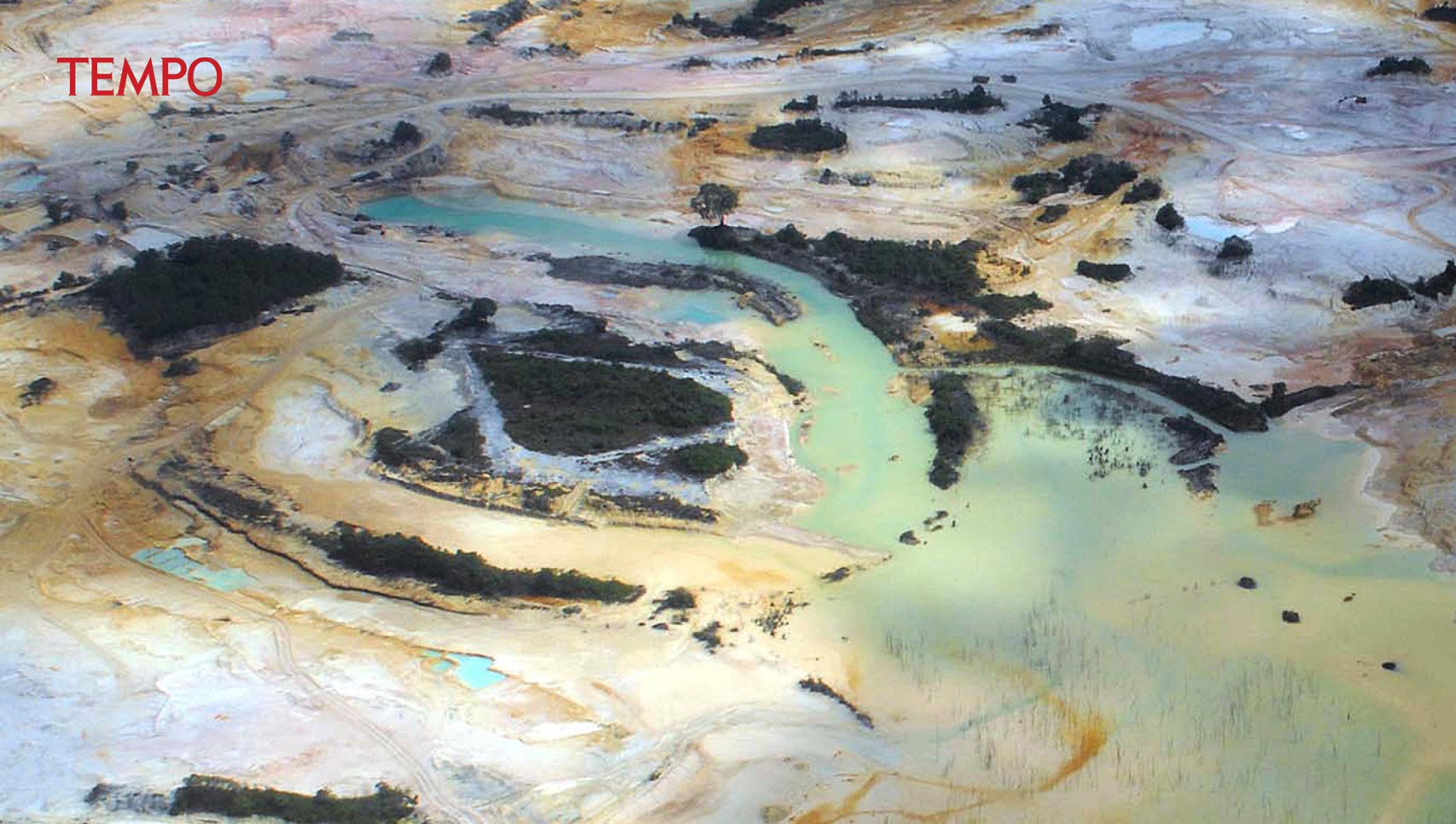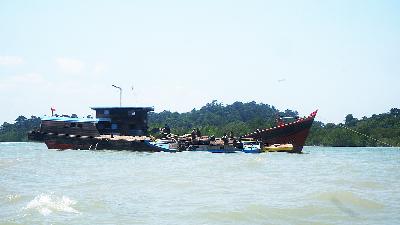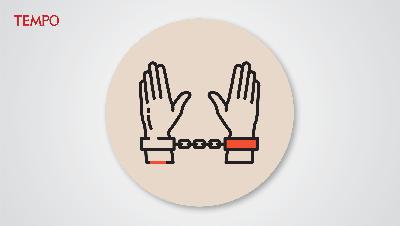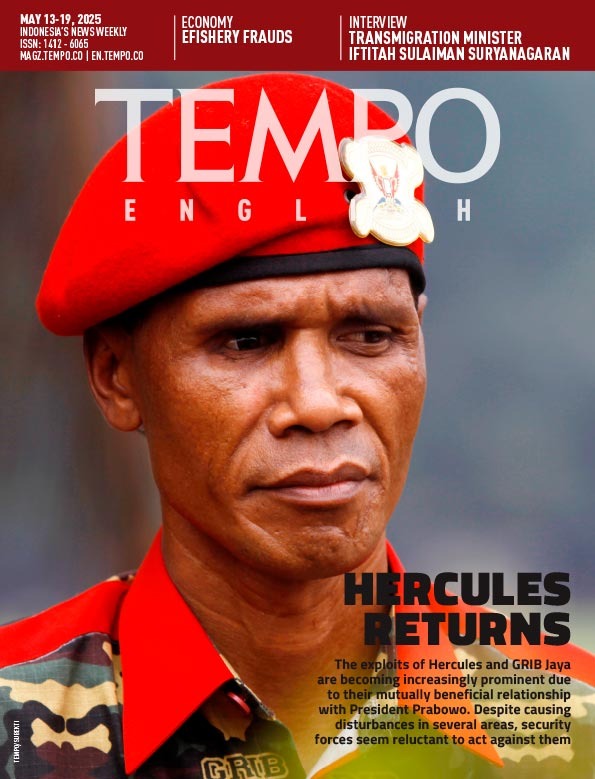The Hidden Truth of Sea Sand Export
Monday, September 30, 2024
The sea sand export policy benefits financial backers close to tycoons. Also, it is a gift for Singapore.
arsip tempo : 174717662626.

PERHAPS playing word games has become President Joko Widodo’s specialty. In regard to the export of sea sand, he refers to the material extracted from the seabed and sold overseas as ‘sediment’. However, in the government regulation that he signed, marine sediment is defined exactly as sea sand and mud.
Dredging of seabed mud for export is clearly nonsense. Mud is not material that can be used to reclaim beaches or make islands. Waves will simply wash it back into the sea. The main material for coastal reclamation or for forming new land is sea sand.
Moreover, other countries are not interested in imports of sediment. Secondly, the locations where the sand is being extracted are far from the estuaries where sedimentation occurs because of material being carried down the river disrupting shipping lanes—as Jokowi claims. In a number of places, such as the islands of Bintan, Lingga and Karimun in Riau Islands Province, the sea sand is not a recent sedimentation. It is ancient sand dating back from when the Sunda Shelf—an area now encompassing part of western Indonesia, the Malaysian peninsula and Singapore—was still dry land.
In other words, the Jokowi administration is lying to the public. There is no connection between the shallowing of waters due to sedimentation and the sand that is to be extracted. This deception can also be seen in the use of the phrase “removal of marine sedimentation” in the same government regulation. It is as if the extraction of sea sand is a good thing.
This lying to the public is as bad as the issuance of a sea sand export policy at the end of the presidential term. Drawing up policies that will disadvantage the people and the environment is clearly irresponsible. By doing this at the end of his presidential term, Jokowi is trapping the new government in a policy that will subsequently cause problems for it.
The extraction of sand will also damage the maritime ecosystem. The removal of 17.6 billion cubic meters of sediment at the seven designated locations risks changing the contours of the seabed, resulting in changes to currents and waves. Eventually, these effects will be felt on land. For example, islands will become more vulnerable to abrasion.
Not to mention, the impact on people living in the coastal area. They will also suffer from the extraction of sea sand because it will wreck their fishing areas. A number of experts from the non-governmental organization Indonesian Forum for the Environment have calculated the rehabilitation costs resulting from the extraction of sea sand at five times greater than the profits it will produce.
Therefore, Jokowi should not have issue this policy in the first place. Moreover, it is riddled with conflicts of interest. There are allegations that Jokowi issued this regulation to roll out the red carpet for tycoons and the Singapore government, in the hope they will be willing to invest in the Nusantara Capital City (IKN). It is believed that Singapore will use Indonesian sand to expand Tuas Port and to construct new islands off its east coast. Maritime Affairs and Fisheries Minister Wahyu Sakti Trenggono has openly stated that Singapore is one of the countries in need of Indonesian sea sand.
Jokowi’s personal ambition to smooth the way for the construction of the IKN is inseparable from the motivation of politicians and tycoons to seek profits. After exports were permitted, 66 companies lined up to obtain permits. Among them are companies associated with officials who issued the marine sediment export regulation. In other words, financial backers have influenced the government to produce a policy that benefits them.
From whatever aspect we look at this, efforts to revive the sea sand export policy should not be continued. A request from Gerindra Party politicians for the policy to be delayed is not enough. The protest is deemed as an attempt to remove any blame to the party led by president-elect Prabowo Subianto. Some even suspect that this protest was made only to ensure that tycoons close to Gerindra are also invited to get a slice of the pie.
Prabowo must not allow a small number of businesspeople working with state officials to issue a policy that undermines national sovereignty. In the name of the nationalism that he so often extols, after he is inaugurated on October 20, Prabowo must revoke this policy.











